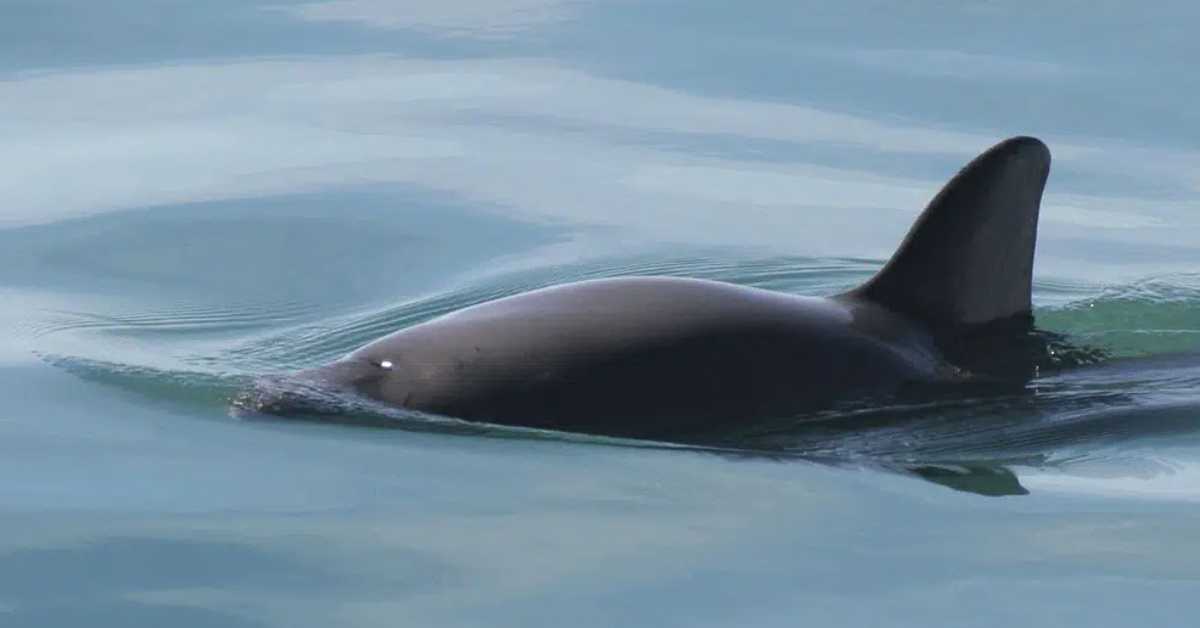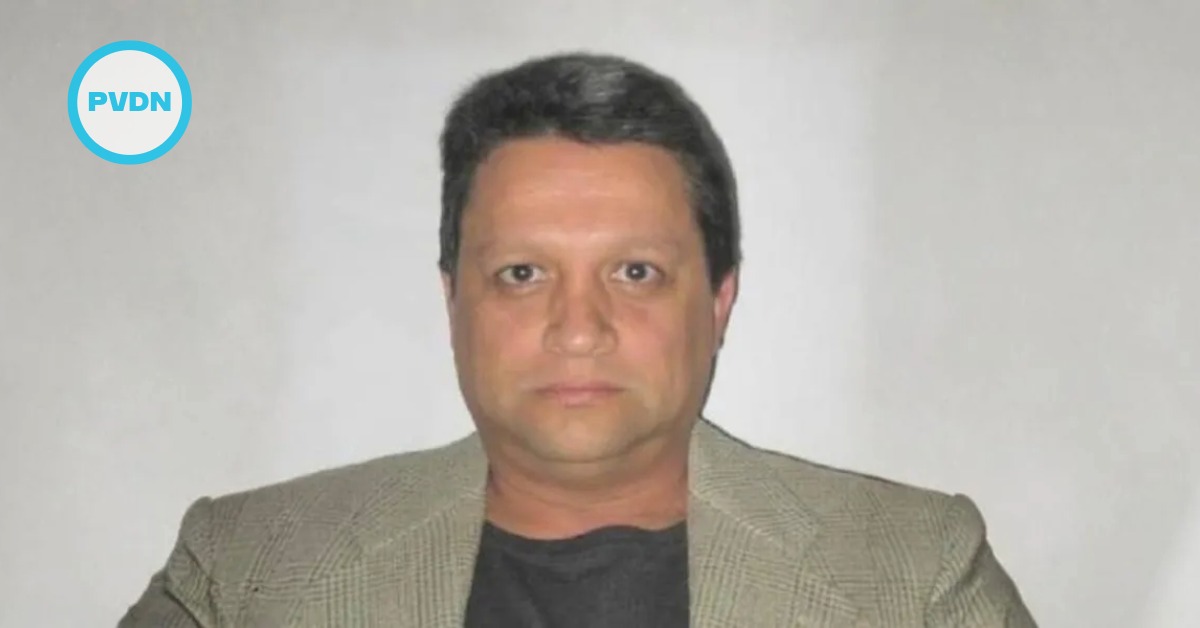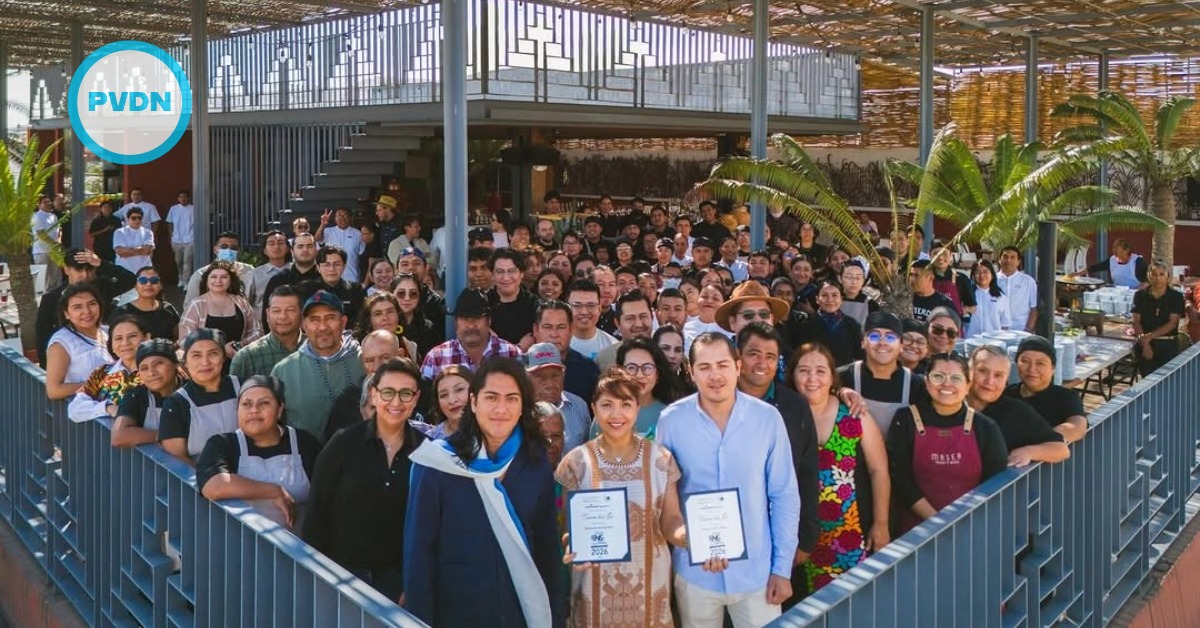Puerto Vallarta, Mexico - In a ten-year span, the intersection of Mexico's tourism and restaurant sectors with drug cartels has become increasingly pronounced. Under the auspices of the Kingpin Law established by the United States in 1999 to stifle transactions with drug traffickers worldwide, a concerning trend has emerged, as revealed by recent reports from the Treasury Department.






